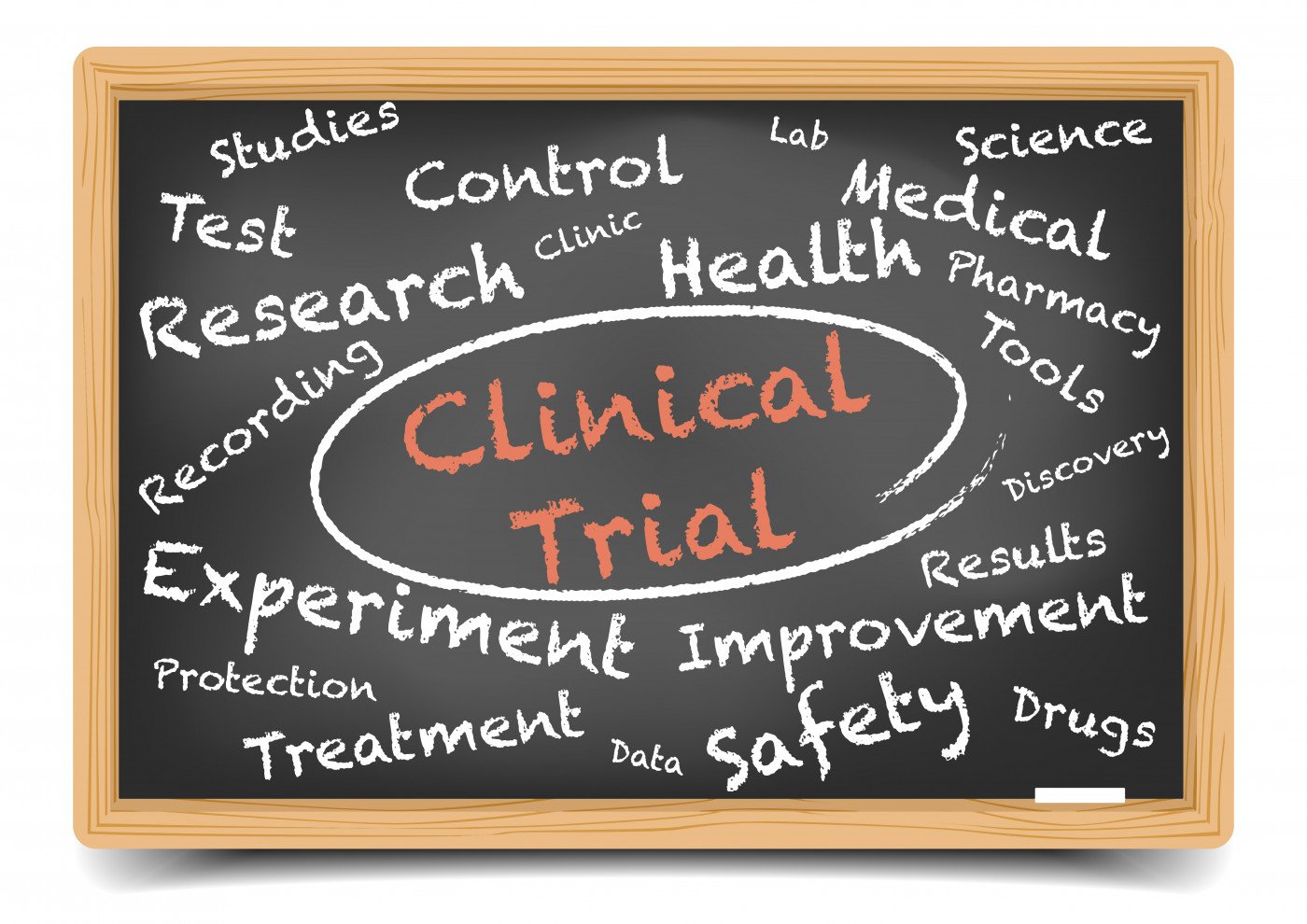Avacopan Safer, More Effective than Standard Therapy in AAV Patients, Phase 2 Trials Show
Written by |

Patients with ANCA-associated vasculitis (AAV) have fewer adverse events and better quality of life when treated with avacopan over standard therapy, results from two Phase 2 clinical trials show.
ChemoCentryx, which is developing the therapy, presented the findings at the 2018 Spring Clinical Meetings of the National Kidney Foundation, which recently took place in Austin, Texas.
The study, “C5aR Inhibitor Avacopan in Anti-Neutrophil Cytoplasmic Autoantibody (ANCA) Vasculitis: Phase II Outcomes of Safety, Renal Parameters, and Quality of Life,” focuses on data from the completed CLEAR (NCT01363388) and CLASSIC (NCT02222155) clinical trials.
Avacopan, an investigational oral inhibitor, blocks an immune receptor called complement C5a receptor (C5aR). This has very specific effects on the immune system — fighting disease processes while leaving normal immune functions unaffected.
Current treatment options for AAV include nonspecific immunosuppressants and high-dose corticosteroids.
Researchers tested avacopan in two different settings. In the CLASSIC trial, patients received either avacopan as an add-on to standard therapy or standard therapy alone, which consists of chronic high doses of prednisone (a steroid) plus cyclophosphamide or Rituxan (rituximab). In the CLEAR trial, patients received either avacopan without prolonged high-dose steroid therapy, avacopan with low-dose steroids, or just standard therapy.
Avacopan was well-tolerated across both clinical trials. In CLASSIC, avacopan was not associated with any additional adverse events, while in CLEAR, avacopan was actually associated with fewer adverse events than the standard therapy.
This reduction in adverse events was related to a decrease in steroid use. In fact, patients who received no prolonged steroid treatment had a 50% incidence of “steroid-related” adverse events, compared with 66% in the standard therapy group.
Avacopan use was associated with significantly faster and superior decrease in proteinuria – levels of protein in urine, a method through which physician test for kidney damage.
The treatment also led to a rapid reduction in the Birmingham Vasculitis Activity Score (BVAS); a significant decrease in urinary kidney inflammation markers; stabilization of the estimated glomerular filtration rate — a marker of renal function; reduced vasculitis damage index; and a quick normalization of blood neutrophil levels, compared with patients on standard therapy.
Results from EuroQol — a test that measures patient-reported quality of life — also showed that after 12 weeks, patients on avacopan had better quality-of-life scores than those on standard care. At this point, quality-of-life data from avacopan-treated patients matched values from healthy individuals.
“C5aR inhibition may provide an emerging targeted therapy to AAV; one in which chronic high doses of steroids are rendered obsolete,” the researchers concluded.
ChemoCentryx is now enrolling up to 300 patients for ADVOCATE, a multicenter, randomized Phase 3 trial (NCT02994927) testing the safety and effectiveness of avacopan in inducing and maintaining remission in AAV patients.
The U.S. Food and Drug Administration has designated avacopan an orphan drug, and it is being reviewed for approval by the European Medicines Agency for the treatment of AAV.





